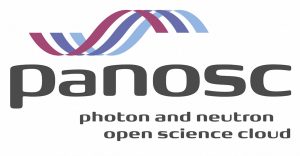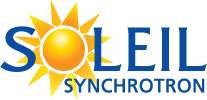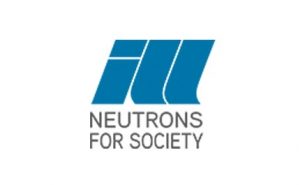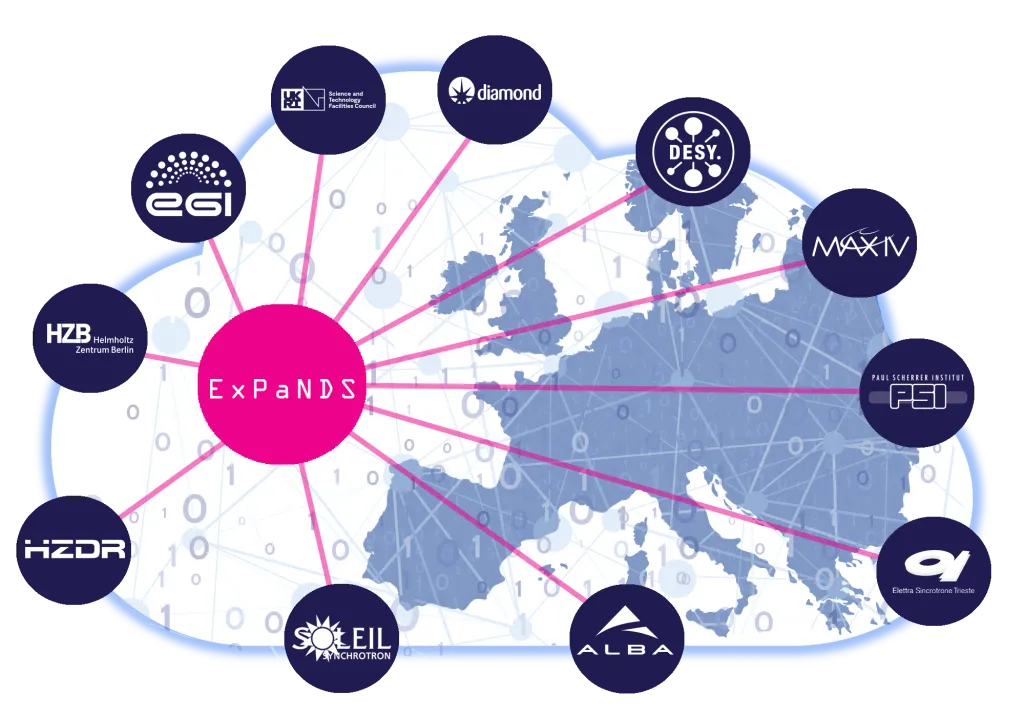Training materials
-
tool
European Photon and Neutron Open Data Search Portal
FAIR federated search engine open data EOSC
-
Git, tool
iFit: a simple library to analyze data
McStas DFT phonons matlab
-
tool
h5web: stand-alone, web-based viewer to explore HDF5 files
hdf5 Visualization
-
tool
RDMO - Research Data Management Organiser
FAIR DMP -
tool
PaNdata software catalogue
software FAIR catalogue
-
git, tool
ExPaNDS mapping dcat ontology and Nexus
expands ontology mapping NeXus DCAT semantic integration wp3-ExPaNDS
-
git, tool
ExPaNDS NeXusOntology
NeXus ontology expands wp3-ExPaNDS
-
git, tool
ExPaNDS Photon and Neutron Experimental Techniques (PaNET) ontology
panet expands ontology experimental techniques wp3-ExPaNDS